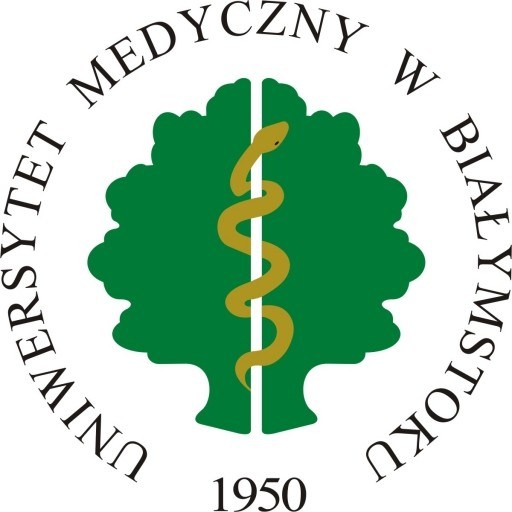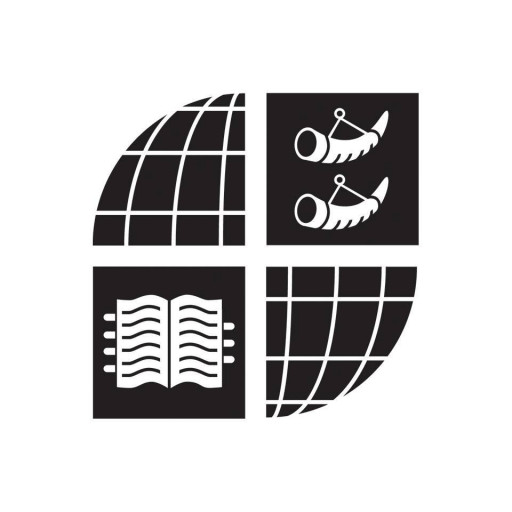The Intemational Economic Relations full-time second degree studies programme (IER) falls within the social sciences area described within the National Qualifications Framework for Higher Education.
The studies enable to acquire advanced knowledge in the scope of international economics and complementary disciplines, develop skills useful in conducting vocational activity in institutions and enterprises connected with international trade, in international organizations and institutions, state administration units connected with foreign cooperation, research and expert centers dealing with international relations and diplomacy, and in mass media.
A graduate
of second degree studies in International Economic Relations in the field of International Cooperation acquires advanced knowledge in the scope of international economic relations, institutional and managerial economics, international logistics and appropriate legal regulations. The graduate possesses the most recent theoretical and practical knowledge about global economy and masters specialist skills of applying it in a vocational area. Acquired competences comprise, most of all, management and transformation of complex and difficult to foresee contexts on a global market in various and complex cultures and economic, political and social systems.
A total number of hours of didactic classes amounts to 840.
The studies enable to acquire advanced knowledge in the scope of international economics and complementary disciplines, develop skills useful in conducting vocational activity in institutions and enterprises connected with international trade, in international organizations and institutions, state administration units connected with foreign cooperation, research and expert centers dealing with international relations and diplomacy, and in mass media.
A graduate
of second degree studies in International Economic Relations in the field of International Cooperation acquires advanced knowledge in the scope of international economic relations, institutional and managerial economics, international logistics and appropriate legal regulations. The graduate possesses the most recent theoretical and practical knowledge about global economy and masters specialist skills of applying it in a vocational area. Acquired competences comprise, most of all, management and transformation of complex and difficult to foresee contexts on a global market in various and complex cultures and economic, political and social systems.
A total number of hours of didactic classes amounts to 840.
Education requirements:
Admission to Intemational Economic Relations full-time second degree studies taught in English is granted on the basis of:
a graduation diploma of first degree studies (second degree studies or uniform master degree studies) or an equivalent document thereof in the fields of study belonging to the sphere of economic sciences, and
a document certifying the knowledge of English.
Other requirements:
More on the requirements and application procedure
HERE
Admission to Intemational Economic Relations full-time second degree studies taught in English is granted on the basis of:
a graduation diploma of first degree studies (second degree studies or uniform master degree studies) or an equivalent document thereof in the fields of study belonging to the sphere of economic sciences, and
a document certifying the knowledge of English.
Other requirements:
More on the requirements and application procedure
HERE
Want to improve your English level for admission?
Prepare for the program requirements with English Online by the British Council.
- ✔️ Flexible study schedule
- ✔️ Experienced teachers
- ✔️ Certificate upon completion
📘 Recommended for students with an IELTS level of 6.0 or below.





